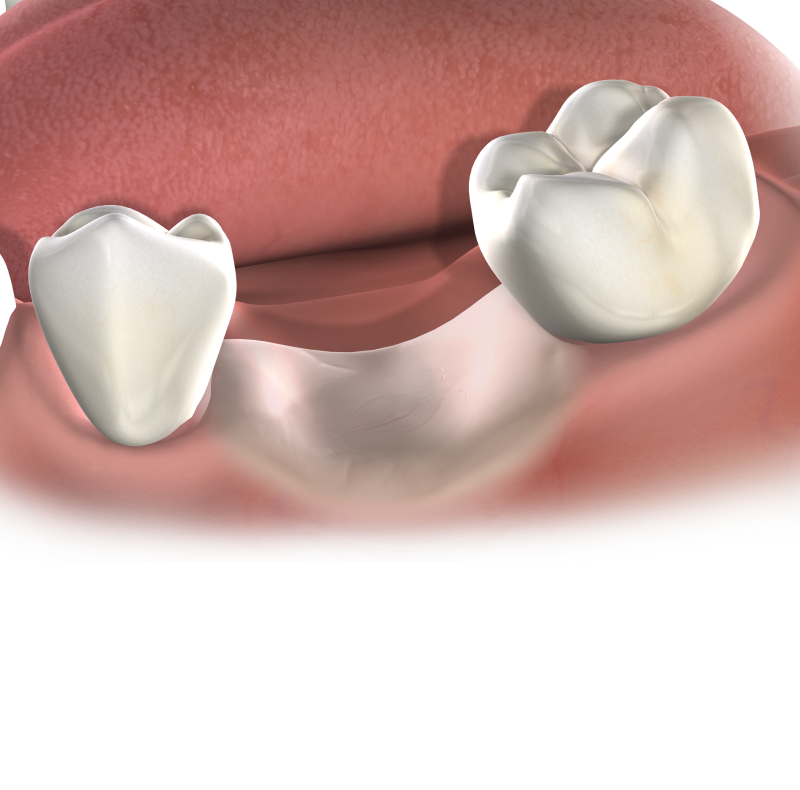Protect your Jaw Bone and Dental Health
Bone resorption is a natural process where your body breaks down bone tissue. While it's a normal part of bone remodeling, excessive or accelerated bone resorption can lead to significant oral health issues, including jaw bone deterioration, tooth loss, and facial changes.
What Causes Bone Resorption?
Several factors can contribute to excessive bone resorption in the jaw:
Tooth loss: When a tooth is lost, the lack of stimulation from chewing causes the surrounding jaw bone to shrink.
Gum disease: Periodontal disease is a leading cause of bone resorption. The infection damages the tissues and bone supporting your teeth.
Hormonal changes: Menopause and other hormonal imbalances can increase the rate of bone loss.
Medical conditions: Certain medical conditions, such as osteoporosis and rheumatoid arthritis, can contribute to bone resorption.
Dentures: Ill-fitting dentures can put pressure on the jaw bone, leading to bone loss over time.
The Impact of Bone Resorption
The consequences of bone resorption can significantly impact your oral health and overall well-being. As the jaw bone deteriorates, it loses its ability to provide adequate support for your teeth. This can lead to loose teeth and, eventually, tooth loss. Beyond the loss of teeth, bone resorption can also affect your facial appearance. The loss of bone volume can cause your face to appear sunken and prematurely aged, impacting your self-confidence.
Furthermore, bone resorption can create difficulties with dentures. A shrinking jaw bone makes it challenging to achieve a proper and stable fit for dentures, often resulting in discomfort, slippage, and difficulty eating and speaking. Additionally, insufficient bone volume poses significant challenges for those considering dental implants. Without a solid foundation in the jaw bone, successful implant placement becomes difficult or even impossible, limiting your options for replacing missing teeth.
How to Prevent and Manage Bone Resorption
- Maintain excellent oral hygiene: Brush and floss regularly, and visit your dentist for routine checkups and cleanings to prevent gum disease.
- Replace missing teeth: Dental implants can help preserve bone by stimulating the jaw bone like natural teeth.
- Manage gum disease: If you have gum disease, seek prompt treatment to prevent further bone loss.
- Hormone replacement therapy: For women experiencing bone loss due to menopause, hormone replacement therapy may be an option.
- Healthy lifestyle: A balanced diet rich in calcium and vitamin D, along with regular exercise, can promote bone health.
Bone Regeneration: Reversing Bone Loss
If you've experienced significant bone resorption, bone regeneration procedures can help rebuild your jaw bone. These techniques include bone grafting and ridge augmentation to stimulate new bone growth.
Hear From Our Patients
Southern California’s Most Trusted Oral Surgery Specialists
Dr. Young Jun and the YJ OMS Dental Implants & Oral Surgery team have helped countless patients improve facial aesthetics, restore dental health, and recover confidence. Whether you need dental implants, wisdom teeth extraction, or full-mouth reconstruction, our state-of-the-art office deploys the latest technology and techniques to ensure flawless results and fast recovery. Contact us today to schedule an appointment at our Placentia or Huntington Beach office and get started on your journey to a brand-new smile.









